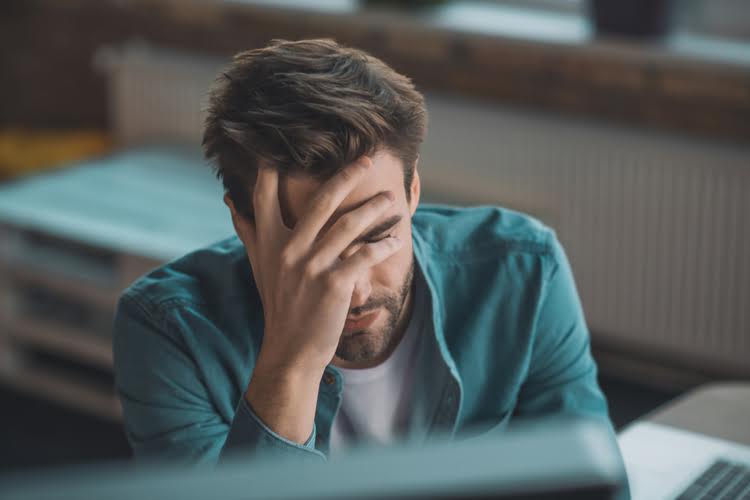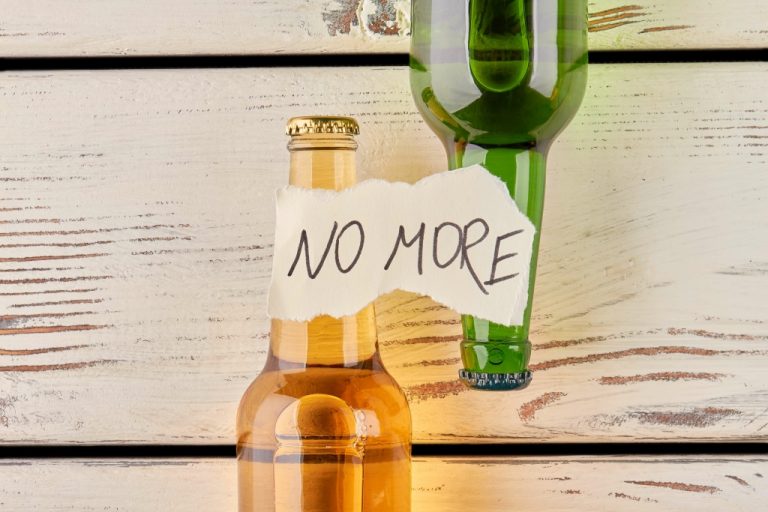If you drink, drinking closer to when you go to sleep can have a significantly worse effect than drinking earlier. The unfortunate reality is that insomnia and alcohol are strongly connected.2 Alcohol use disrupts sleep and is only going to worsen one’s quality of sleep if they already have insomnia. As you work toward quitting, you can try adjusting your drinking around your sleep for less severe impact https://vendors.cascadeshirts.com/the-hidden-craving-among-recovering-alcoholics/ on your sleep patterns. The simplest way to keep alcohol from interfering with your sleep is to just not drink.
- It can lead to both worse sleep quality and sleep efficiency, which is the amount of time you’re in bed actually sleeping.
- As it is an inhibitory neurotransmitter, releasing GABA suppresses the REM sleep cycle (which is characterized by an excitatory brain state).
- Singh’s research and clinical practice focuses on sleep disorders, including excessive daytime sleepiness, narcolepsy, sleep apnea, chronic snoring, insomnia, and sleep education.
What to do About Insomnia After Quitting Drinking
One way to counteract that is to expose your eyes—without sunglasses—to outdoor daylight early in the day. We comprehend the hurdles posed by insomnia and alcohol use at Good Path Health Services. It’s evident that alcohol significantly disrupts sleep.By recognizing alcohol’s effects on sleep and proactively addressing it, your sleep quality and general health can be enhanced. Indeed, it can cause issues with falling asleep and staying asleep.On the other hand, people struggling with insomnia might be inclined to use alcohol to self-medicate, leading to a harmful cycle.
How Long Before Bed Should You Stop Drinking Alcohol?
Alcohol might seem like a handy sleep aid, initially helping you doze off, but it’s a double-edged sword when it comes to quality rest. It disrupts the natural sleep architecture by reducing REM sleep, which is essential for mental rejuvenation, leading to vivid dreams or nightmares later in the night. This disruption can cause what’s known as “rebound wakefulness,” where you wake up in the middle of the night and struggle to return to sleep. I know you might feel like nothing else works, but combining alcohol with sleep aids is playing with insomnia after stopping drinking fire. It’s not just about grogginess or a rough morning—it can be downright life-threatening.
- In summary, alcohol misuse (heavy alcohol use and AUD) appears to be linked in a bi-directional fashion to sleep-related problems such as insomnia and circadian rhythm abnormalities.
- As alcohol wears off, it can cause a withdrawal effect that can wake you up.
- One study found alcohol consumption could increase a person’s risk of sleep apnea by 25%.6 If this occurs, a person’s sleep is going to be even further disrupted.
- During alcohol detox and withdrawal, the body tries to compensate, which can trigger vivid nightmares, dreams, or frequent waking up.
Alcohol Dependence and its Relationship with Insomnia and Other Sleep Disorders
Hearing from others who have had similar experiences can be an encouraging experience, especially when navigating sleep issues in early sobriety. It’s gratifying to hear from others who have been through the withdrawal process, and to see that it truly gets better with time. Plus, peer support can help you learn first-hand about the tools and resources that have worked for others. At Monument, we offer over 50 therapist-moderated alcohol support groups where you can get support anonymously and entirely online. Cutting back or cutting out alcohol can significantly improve sleep quality, among many other benefits. You can discuss your alcohol use and sleep habits with a physician to get a personalized plan to help you change your relationship with alcohol and get better sleep.

Sleep Products
Most people get through the worst of alcohol withdrawal within four to twelve days after they stop drinking. But for some, post-acute withdrawal syndrome can continue for weeks to months. Binge drinking occurs when a man has Sober living house five drinks, or a woman has four drinks within two hours.
Online Therapy
Alcohol is known to exacerbate various sleep problems over time, including sleep apnea and insomnia. If you struggle with a sleep disorder, there’s no shame in having used alcohol for relief. Alcohol consumption can lead to insomnia, sleep apnea, and a host of other health issues. As a best practice, those who choose to indulge should stop drinking at least four hours before bed. Staying hydrated, eating bland foods, and steeling yourself for a rough night are good ideas too. Those with sleep disorders should proceed with extra caution before reaching for that evening drink.
For Treatment Providers

Then, you can take steps—like cutting back, practicing healthy sleep hygiene, and seeking support if needed—to improve your habits and start feeling better. The good news is that these sleep disruptions are temporary, and any insomnia you experience will likely resolve as you persevere through recovery. You may experience your most severe sleep disturbances in the first week, but most people find that it eases up with time.

